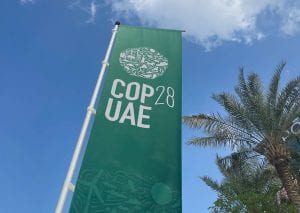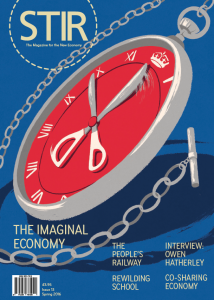by Dr Alice Venn, University of Bristol Law School
COP28 represented a crucial juncture for international climate law in permitting some initial conclusions to be drawn surrounding the efficacy of the innovative mixed regulatory approach adopted in the Paris Agreement. The legally binding nature of the Paris Agreement provisions have previously been the subject of debate in climate law and policy literature, both in terms of the language of the provisions, many of which are not worded to create clear and concrete obligations for the States Parties, and for the use of soft law to accommodate a more inclusive approach to global climate mitigation. We saw a marked shift away from the Kyoto Protocol model of legally binding targets for greenhouse gas emissions reductions applying only to Annex 1 developed States Parties and backed by an enforcement branch, to a soft law bottom-up system of Nationally Determined Contributions (NDCs) to emissions reductions which includes developing states and permits self-determined action in line with national capabilities. This system was crucially backed by the Paris Agreement Transparency Framework in Article 13, by the Implementation and Compliance Committee in Article 15, and by a system of 5-yearly global stocktakes from 2023 onwards in Article 14 to create accountability and measure progress in line with the overarching goals of the Agreement to keep global warming to well below 2°C above pre-industrial levels, with an ambition for 1.5°C. (more…)


